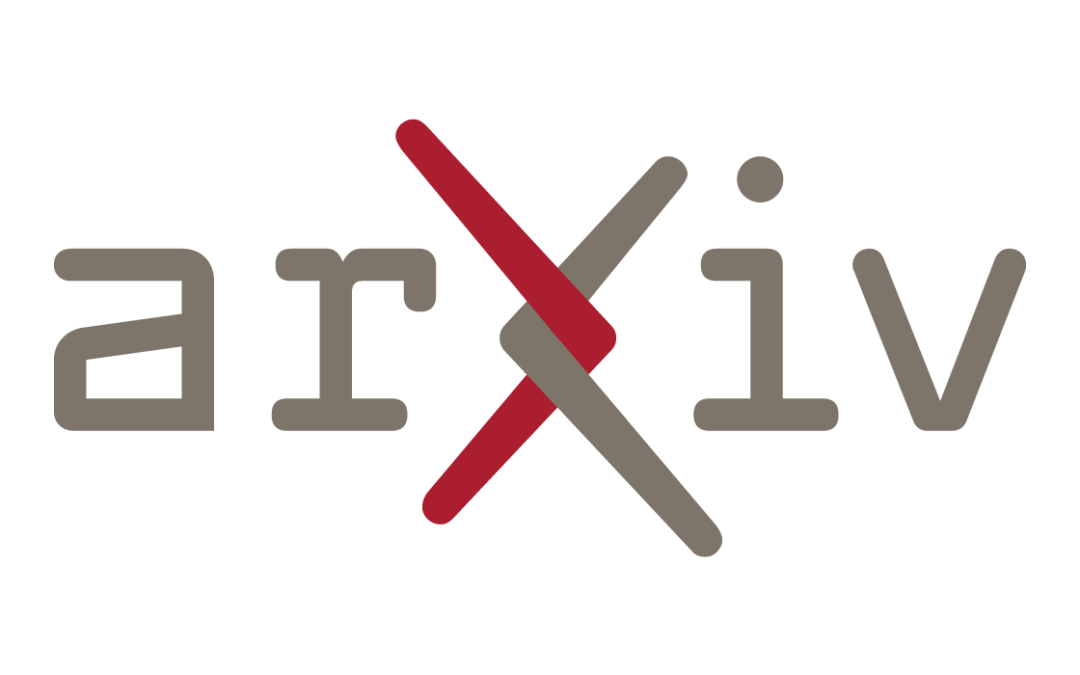Recent advancements in machine learning applied to metal additive manufacturing (MAM) have shown great potential in overcoming the key challenges hindering the widespread adoption of MAM technology. Current research in this field highlights the importance of utilizing melt pool signatures to predict defects in real-time. While high-quality melt pool image data holds promise for accurate predictions, there has been limited exploration into the use of advanced spatiotemporal models that can effectively capture the transient and sequential characteristics of the additive manufacturing process.
This study introduces and implements cutting-edge deep spatiotemporal learning models that can be adapted for classifying melt pool image streams from various materials, systems, and applications. Specifically, it explores two-stream networks consisting of spatial and temporal streams, a recurrent spatial network, and a factorized 3D convolutional neural network. The research assesses the ability of these models to generalize when exposed to perturbations in melt pool image data using real-world process scenarios.
The implemented architectures successfully capture the spatiotemporal features of melt pool image sequences. However, only the Kinetics400 pre-trained SlowFast network, categorized as a two-stream network, exhibits robust generalization capabilities in the presence of data perturbations among these models.

